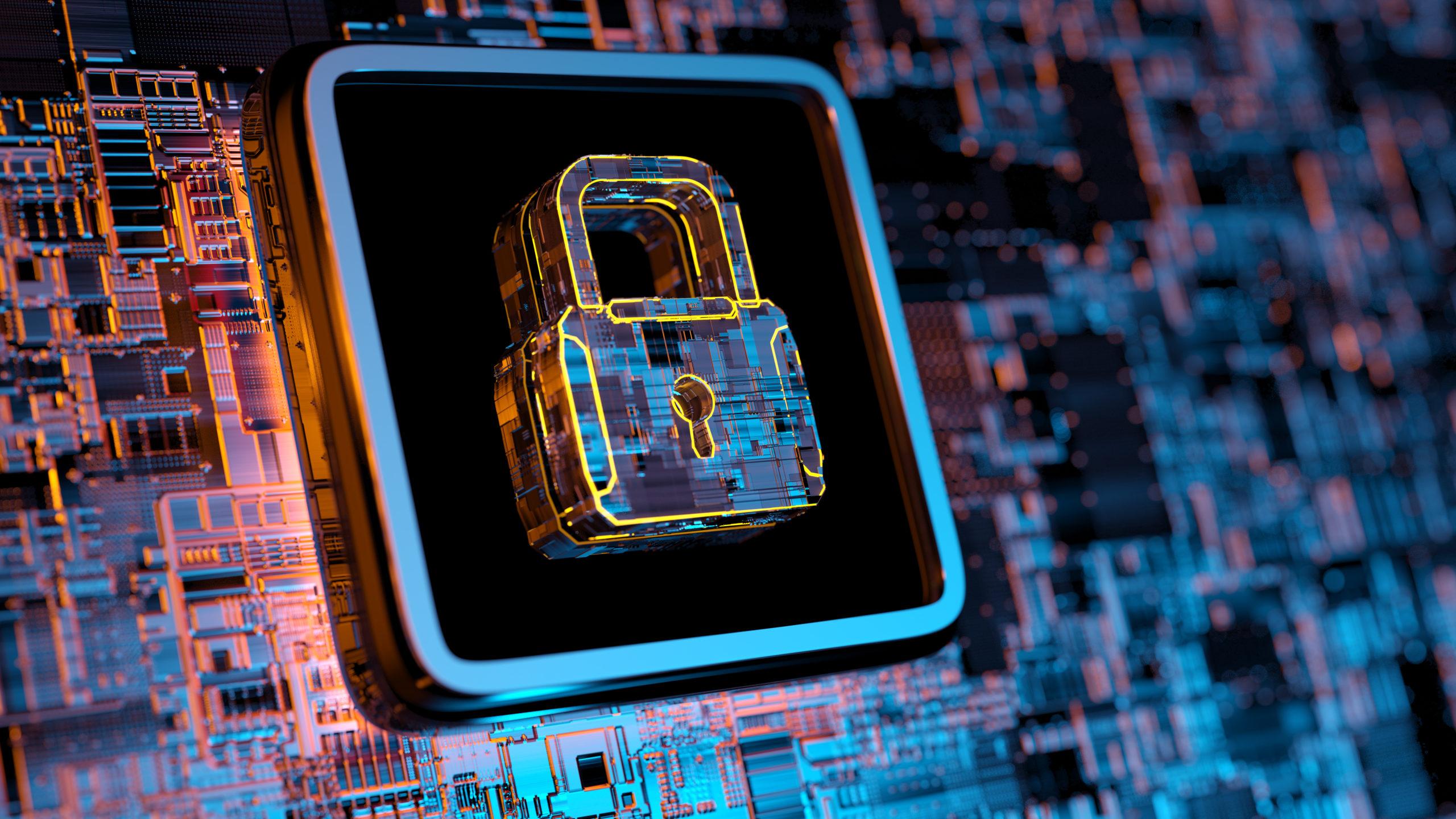Privacy has become part of the conversation in recent years. It makes sense given how pervasive new technologies, outlets, and resources have become, and how often privacy is taken for granted. We think about privacy more often. We wonder if protections are in place. When friends share their privacy concerns with me, I always ask if they think their personal and professional partners value their information as highly as they do – and advise they focus first on any who may not.
Privacy is an important aspect of everyone’s life, mine included. It’s one of the reasons I chose privacy as my profession. I feel strongly about it. And it’s important to me that the people in my personal and professional lives value privacy as much as I do. This philosophy is just how I roll. Where I work and the people I work with all agree that it is vital to keep private information private and to use information responsibly.
Privacy has become part of the conversation in recent years. It makes sense given how pervasive new technologies, outlets, and resources have become, and how often privacy is taken for granted. We think about privacy more often. We wonder if protections are in place.
When friends share their privacy concerns with me, I always ask if they think their personal and professional partners value their information as highly as they do – and advise they focus first on any who may not. If a customer or partner asks me about their privacy concerns, I will often follow up with a link to the Nuance Trust Center which outlines how seriously we value privacy and what we do to protect it.
Regulations arrive
On January 1, 2020, a proactive new privacy law, the California Consumer Privacy Act (CCPA), became effective. Have you noticed all the new cookie buttons on your favorite websites? That’s the power of the CCPA at work. Not just in Cali, but throughout the U.S. A more recent California ballot initiative, the California Privacy Rights Act (CPRA), added further protections, including the creation of a new agency charged with educating the public about and enforcing privacy rights.
The General Data Protection Regulation (GDPR) and The Privacy and Electronic Communications Regulations (aka the “Cookie Directive”) were enacted well before California’s safeguards and provide even stronger privacy protections for EU citizens. These EU regulations were the first domino to tip. They required companies doing business with consumers in Europe to flag cookie data collection and provide opt-out measures.
Today the average mobile phone comes standard with 4GB of RAM making them exponentially more powerful than the rockets that first took humans to the moon. While I firmly believe the world is a better, freer, happier place with technology innovation, I also believe that these very advances require us all to be more thoughtful about how we approach our choices. Global Data Privacy Day (January 28) is the perfect time to ask, what does privacy mean to me?
Cookies crumble
When I see the “Allow Cookies” option presented, it means I have been given a choice to exercise agency over the use of my information. I understand there will be trade-offs if I click “No” (e.g., a less personalized web experience). But at least it was my choice.
Your information has value, and you have a right to ensure its protection. Once you had no choice. In fact, most people were not even aware they had been denied a choice in the first place. Tools that allow us to control our own destiny are central to building privacy into the consumer experience. I believe in this future.
Here at Nuance, our Nuance Gatekeeper AI‑powered biometric solution for frictionless authentication is a great example of technology that helps keep our information safe. When you speak your PIN or password out loud, it is not secure because someone can overhear you. A much more secure way to authenticate yourself is through voice recognition. That way only you can access your information at your financial institution.
I concur with Brett Beranek, vice president and general manager of security and biometrics at Nuance, who stated in a recent article that “I’ve come to the conclusion that biometrics is the only sure way to prevent fraud.” This is just one example of the many ways Nuance is helping customers keep their customers’ information safe.
Generations differ
I have kids. I try to educate them about the online world through analogies that help them better understand safety and privacy. “The internet is like the entire world on your computer in bits and bytes,” I explain. Just like being careful crossing the street, or cautious about talking to strangers, or being home before dark, the internet also has “must-do’s” to stay safe. It’s important because kids are so comfortable — and inclined to — share information.
For the younger ones, distinctions between the physical and digital worlds are further dissolving through experiences like virtual reality headsets and interactive screens. Case in point, at the dentist office not long-ago my youngest one was drawn to the duckies displayed on an oversized wooden book. After a moment of interaction I heard, “The duckies are broken, Mommy”. When he poked the duckies with his finger the wooden page didn’t turn, nor did the the duckies quack back.
Just think, as lines continue to blur between online and offline experiences, these teaching moments will only become more critical. And, sometimes, funnier.







